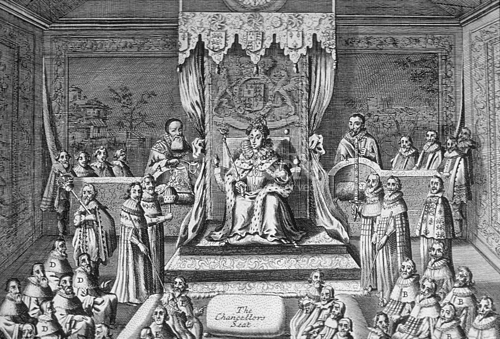Who were the Elizabethan Courtiers?
Contents
In terms of courtiers, Queen Elizabeth’s court was by far the most interesting court of all times. The court could boast of so many eminent personalities that it would baffle the mind. It had literary scholars and scholars from the different strata of arts. It had people from the field of mathematics, science, astronomy, astrology and navigation.
It even had people with interests in abstract fields of magic, philosophy and occultism. There were theologians and puritans. There was an amalgam of the intellect of great vastness and diversity.
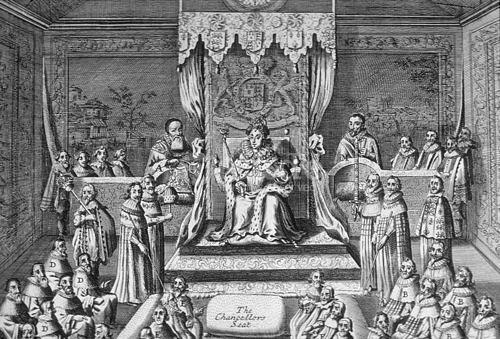
Categories of courtiers in the Elizabethan Era
The courtiers during the Elizabethan era were of many degrees. There were some who enjoyed great power in the court and were truly the queen’s favourite. These people had the privilege of being close enough to the queen to have access to her private chambers. These courtiers held special influence over specific matters of the court and more often than not had the power to influence important decisions and favours.
They acted as very important consultants to the queen. Among these courtiers, there were the chief consultants of the queen and there were also those who enjoyed the queen’s special attention.
Patronage Elizabethan Era
There were also another set of courtiers who enjoyed the royal patronage and were summoned to the court as and when some particular event demanded the expertise of their fields. This set often comprised of various scholars and poets who were expected to pen poems and plays customised to mark a particular celebration or important royal event.
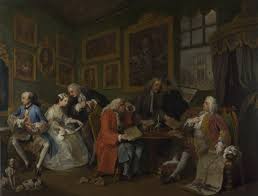
They were also sometimes summoned for important decisions and sometimes to diffuse tricky situations with their witty and emotional work. Their advices were very important to the queen. These courtiers were also sent as royal ambassadors to different lands and to foreign countries to maintain friendly relations with these countries.
Elizabethan Court Facts
They acted as the queen’s voice in these countries but they had to use their intellect and charisma to influence situations in these lands. Thus their wisdom was highly rated by the queen and they were always selected after their performance and reactions on situations and decisions in the court.
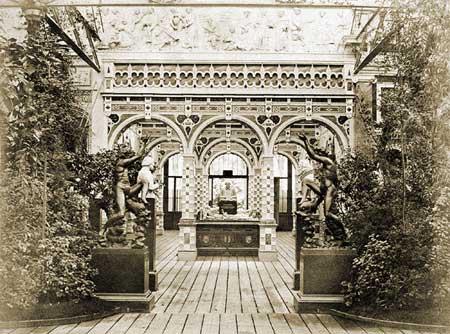
The queen was considered to be very tolerant and it was obvious that she enjoyed great respect from all her courtiers. There were jesters and fools who were employed keeping in mind that they were required to entertain the court and also to exemplify wit and sarcasm on heavy situations which sometimes helped to make decisions.
Thus, it can be said that the courtiers in the Elizabethan era made the court an important venue where all kinds of learned and intellectuals converged to make it a just and powerful court.
Who was one of Elizabeth’s most trusted courtiers?
Queen Elizabeth was fond of intelligent men who would challenge her wits. She herself wrote poems and loved promising poets in her court. Sir Philip Sidney, one of the most talented poets and politician in England was therefore often considered to be her favourite courtier.
However, Elizabeth loved the men who were good flatterers and appealed to the Queen’s taste. Robert Dudley was one such man who the queen adored. He was a constant companion of the queen for forty years. Others were Walter Raleigh, Christopher Hatton and Robert Devereux.
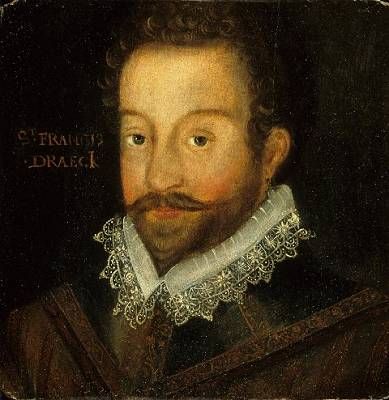
Hatton was a skilled dancer and actually caught the queen’s attention by dancing in the court masques. He rose to become a member of the privy council in court.
Famous Elizabethan courtiers
Some of the most famous courtiers in the Elizabethan court were Sir Philip Sydney, Walter Raleigh, Robert Dudley, Robert Hatton and John Harrington among others.
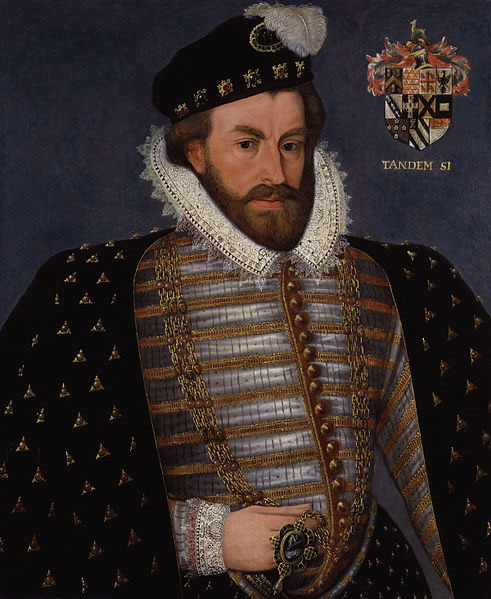
Who were the nobilities in Elizabethan England?
Nobilities were not exactly the same as courtiers. The nobles were the lords and ladies, dukes and duchesses, counts and countesses of England who were extremely powerful and wealthy. They were the most powerful people in England and at times even collected revenues from the people.
However, they were divided into several ranks and positions that could be identified from the colour of their clothes.
More Info On- Count Maurycy Beniowski famous Elizabethan Pirate, elizabethan and Jacobean Eras, Elizabethan Courts
